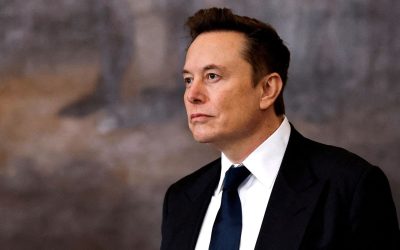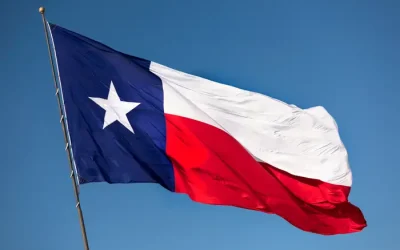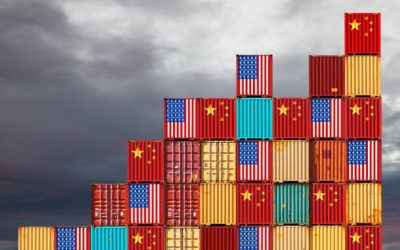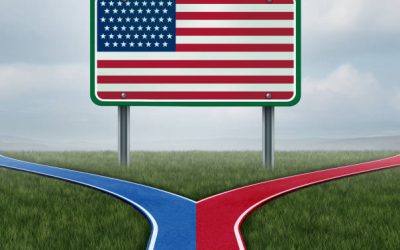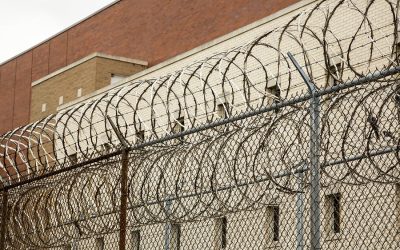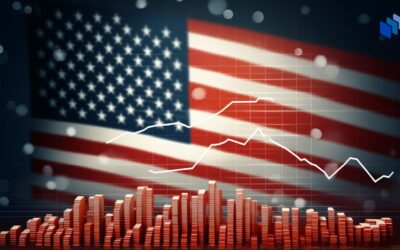Death in the United States has evolved from a community-centered rite into a sprawling, multi-billion-dollar commercial sector often dubbed the funeral industrial complex. With approximately three million Americans dying annually, a figure projected to rise as the baby boomer generation ages, the logistics of disposition have become a pressing socioeconomic challenge. For decades, the default American way of death involved embalming, heavy metal caskets, and concrete vaults, a practice that is historically an anomaly and environmentally taxing. However, economic pressures and shifting cultural attitudes have catalyzed a massive transition toward cremation. In 2024, the cremation rate surpassed 61 percent, with projections suggesting it will exceed 80 percent by 2045.
Economic Policy
A Primer on Commodity Metals (Economic Policy Brief #90)
Commodity metals are raw metals that are globally standardized and traded in bulk. They are typically categorized as industrial (base) metals (copper, aluminum, zinc), or precious metals (gold, silver, platinum). Precious metals are valued for investment and jewelry, while base metals are essential for industrial use and manufacturing. This Brief seeks to explain the ways in which fluctuations in demand influence the pricing and availability of commodity metals. In addition to commodity metals, rare earth minerals play an important role in various technologies but are not globally standardized. We will discuss these in an upcoming brief.
How Elon Stays in Business (Economic Policy Brief #89)
Elon Musk’s corporate empire—Tesla, SpaceX/Starlink, X, Neuralink and the Boring Company—has become a single, privately steered ecosystem whose combined annual revenues now rival the GDP of a midsize nation.
No Capital Gains Tax in Texas: What It Means for Businesses and Residents (Economic Policy Brief #88)
In 2025, the Texas Legislature passed House Joint Resolution 6 (HJR 6), placing a proposed constitutional amendment on the ballot for the November 4, 2025, election. If approved by voters, the amendment would permanently prohibit Texas from ever imposing a tax on individuals’ net capital gains.
The Hidden Burden: How Tariffs Hurt Marginalized Communities and Lower-Income Americans (Economic Policy Brief #87)
Since his re-election in 2024, President Donald Trump has reignited a trade war strategy similar to his first term, escalating tariffs against China, Mexico, and the European Union.
Economic Crossroads: Are Tariffs Ending North American Relations? (Economic Policy Brief #86)
Since his re-election in 2024, President Donald Trump has reignited a trade war strategy similar to his first term, escalating tariffs against China, Mexico, and the European Union. These tariffs, framed as efforts to “protect American jobs,” have significantly raised the cost of imported goods such as electronics, food, clothing, and raw materials. While intended to support domestic industries, the policy has instead imposed hidden costs on American consumers—especially those from lower-income and marginalized communities.
The Prison-Industrial Complex: Profiting Off Punishment in America (Economic Policy Brief #85)
The prison-industrial complex (PIC) in the United States represents a deeply entrenched system where incarceration is commodified, intertwining the interests of government agencies and private enterprises. This nexus has transformed the U.S. criminal justice system into a profit-driven enterprise, often at the expense of marginalized communities.
Danger in Economic Uncertainty: A Lesson From Trump’s Tariff Policies
The dust is still being settled a month after the U.S. President Donald Trump’s “Liberation Day.” He was never coy about his desire to wield tariffs to achieve his geopolitical goals. Both in his previous administration and on the campaign trail, he promised that they are the way to rebuild American manufacturing and repair trade imbalances.
Climate Change’s Impact on the Ski Industry
Snow is important for the health of Earth. Snow plays a major part in regulating the planet’s temperature. Snow is hyper-reflective and is capable of sending the Sun’s energy back into space which keeps the Earth’s temperatures from rising too much through the year. According to the National Snow and Ice Data Center, without snow, the ground would absorb about 4-6x the amount of solar energy that it would if there was snow on the ground – leading to warmer temperatures. Less snow could lead to droughts in areas that typically relied on snowpack melting during the warmer months for access to water, or to harvest with the purpose of providing water. It could also lead to species of animals dying that had evolved to survive in a world with snow, such as snowshoe hares (white fur coats to blend into a snowy environment). It could also lead to Indigenous knowledge related to cultural practices that involve snow may disappear, as well.
Impact of Remote Work on Urban Development
Brief #62 – Economic Policy Brief
by: Inijah Quadri
The rise of remote work, spurred by the COVID-19 pandemic, is reshaping urban landscapes and challenging traditional city planning. As cities adapt to this new reality, the shift presents both opportunities for sustainable development and significant hurdles for local economies reliant on office workers.
Navigating Inflation: A Comprehensive Analysis
Brief #61 – Economic Policy Brief
by: Arvind Salem
As inflation rates surge, consumers face mounting pressure on their wallets, with prices soaring in key sectors like housing and groceries. Amidst political debates and policy clashes, understanding the root causes and potential solutions becomes critical for navigating the economic landscape.
Cryptocurrencies: Economic Implications and Challenges
Brief #60 – Economic Policy Brief
by: Inijah Quadri
The rise of cryptocurrencies heralds a new era in the global financial landscape, offering decentralized alternatives to traditional fiat currencies. With the potential for enhanced financial inclusion and transactional efficiency, cryptocurrencies present both opportunities and challenges in reshaping the future of finance.



